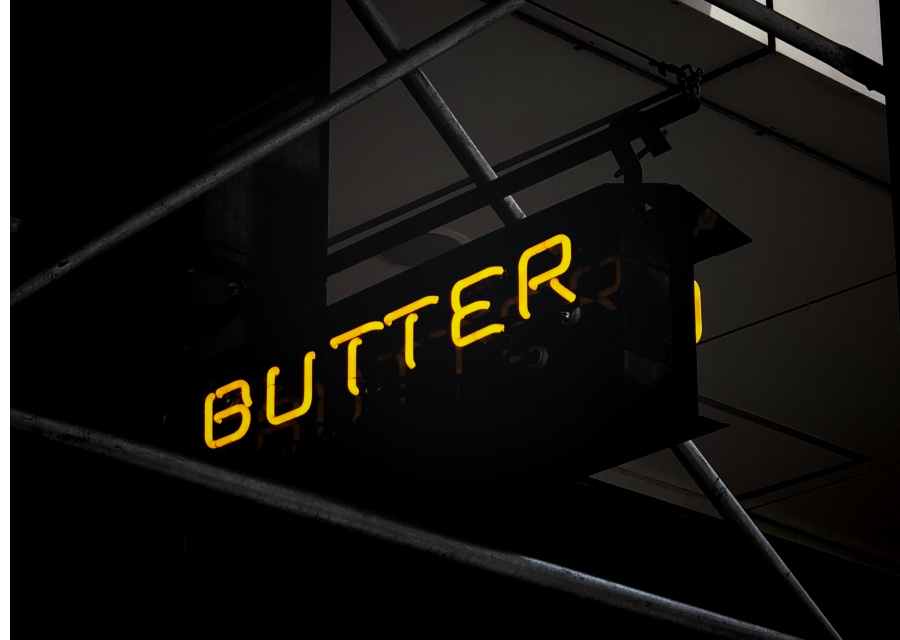David Rand, Alberta, Canada
March 21, 20201967 Wholesome Meat Act: Disaster for Small Slaughterhouses
May 15, 2020
On March 25, Governor Gary Hebert signed House Bill 134 (HB 134) into law. The bill legalizes the sale of raw butter and raw cream in Utah; HB 134 took effect immediately. Representative Kim Coleman (R) was the lead sponsor for the legislation.
With the Utah law taking effect, there are now around twenty states that allow the sale or distribution of raw cream for human consumption; around a dozen states allow the sale or distribution of raw butter. There are at least two other states considering the legalization of raw butter sales.
The United States Food and Drug Administration (FDA) remains the greatest roadblock to the legalization of raw dairy products in the U.S. On February 27, FDA rejected a petition to lift the interstate ban on raw butter filed by the Farm-to-Consumer Legal Defense Fund and Mark McAfee, the biggest producer of raw butter and cream in the country. In its rejection letter, one of the agency’s justifications for maintaining the prohibition was that raw butter was responsible for a foodborne illness outbreak occurring on average every 7 or 8 years; a standard that, if applied consistently across our food supply, would make many foods illegal in interstate commerce. As time goes on, an increasing number of states will no longer side with FDA, taking matters into their own hands by legalizing sales of raw dairy products in intrastate commerce.
HB 134 marks the third time in the last five years that a Utah raw milk bill has passed into law. In 2015, the mother-daughter team of Symbria and Sara Patterson were mainly responsible for the passage of a law legalizing the distribution of raw milk and raw milk products through micro-dairy herd share agreements. In 2018, Red Acre Center, a nonprofit formed by the Pattersons, was the driver in passing a law allowing the unlicensed on-farm sale of raw milk and the delivery of raw milk by licensed dairies. A bill similar to HB 134 nearly passed in the 2019 session; under the new law, licensed dairies can sell raw butter and raw cream on the farm, through delivery, and at a retail store if the dairy has a majority ownership interest in the store.
The passage of HB 134 comes at a time when, with the Covid-19 situation, demand for food direct from the farm is soaring. Legal raw butter and cream will move more of the food dollar to where it belongs–at the farms producing some of the safest, most nitrient-dense foods available.
Graphics credit: Jon Tyson, neon lit butter sign at unsplash.com

